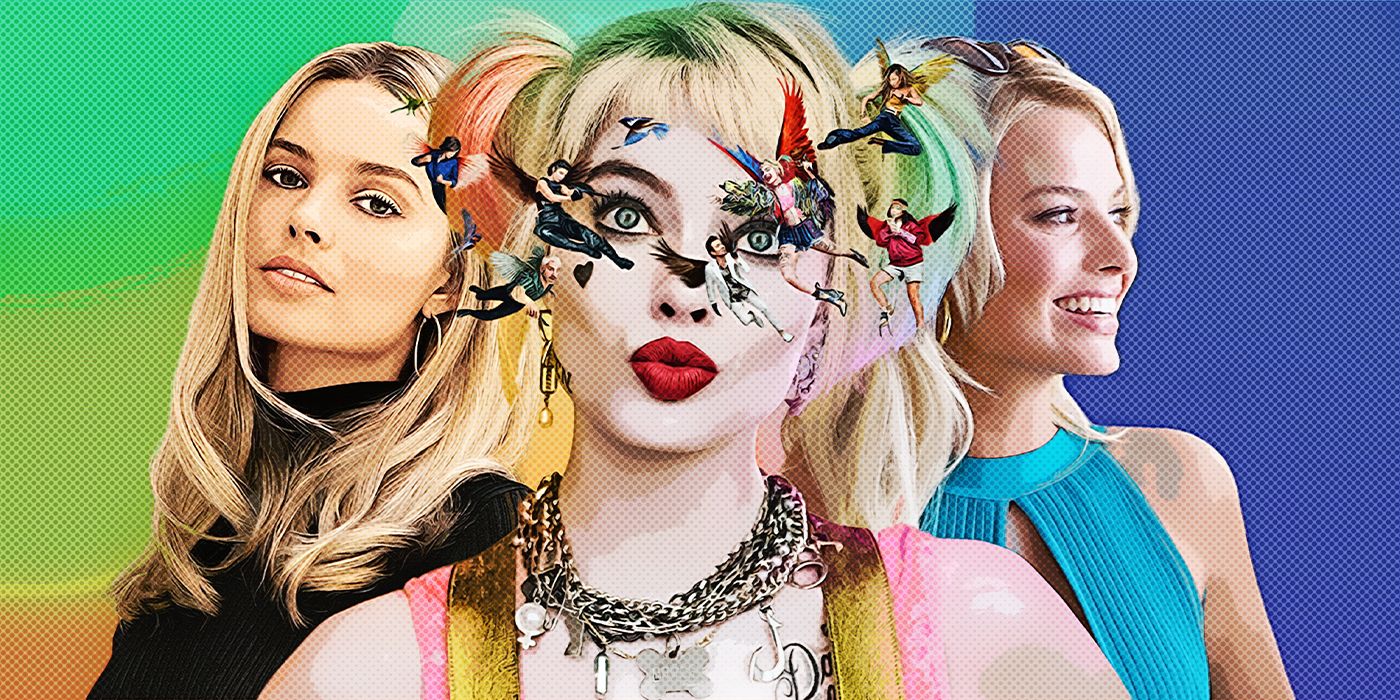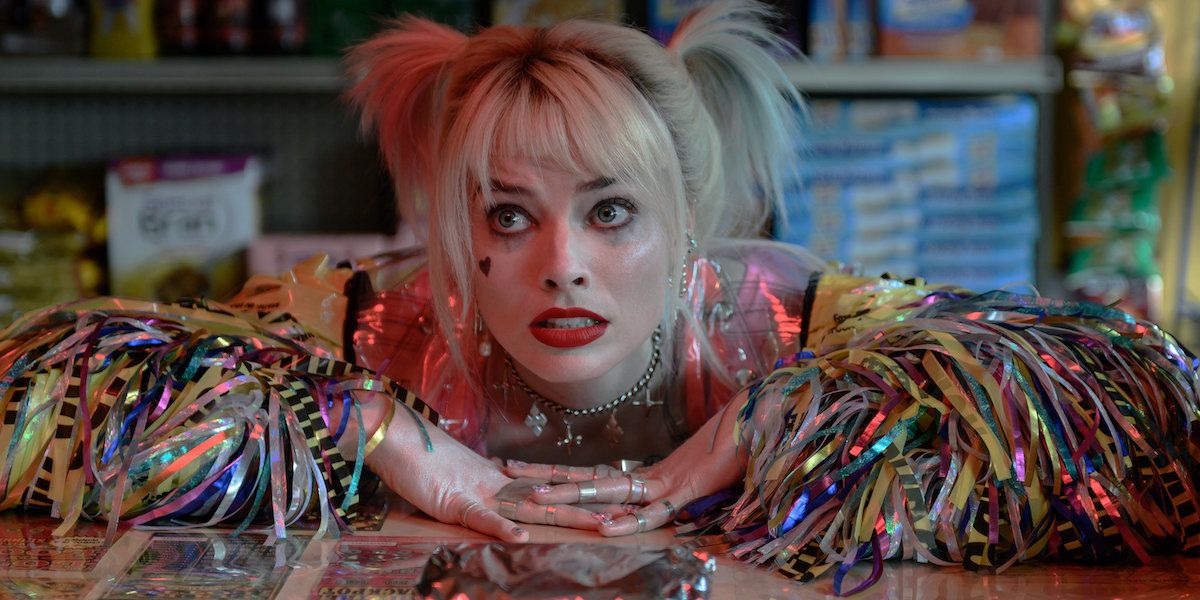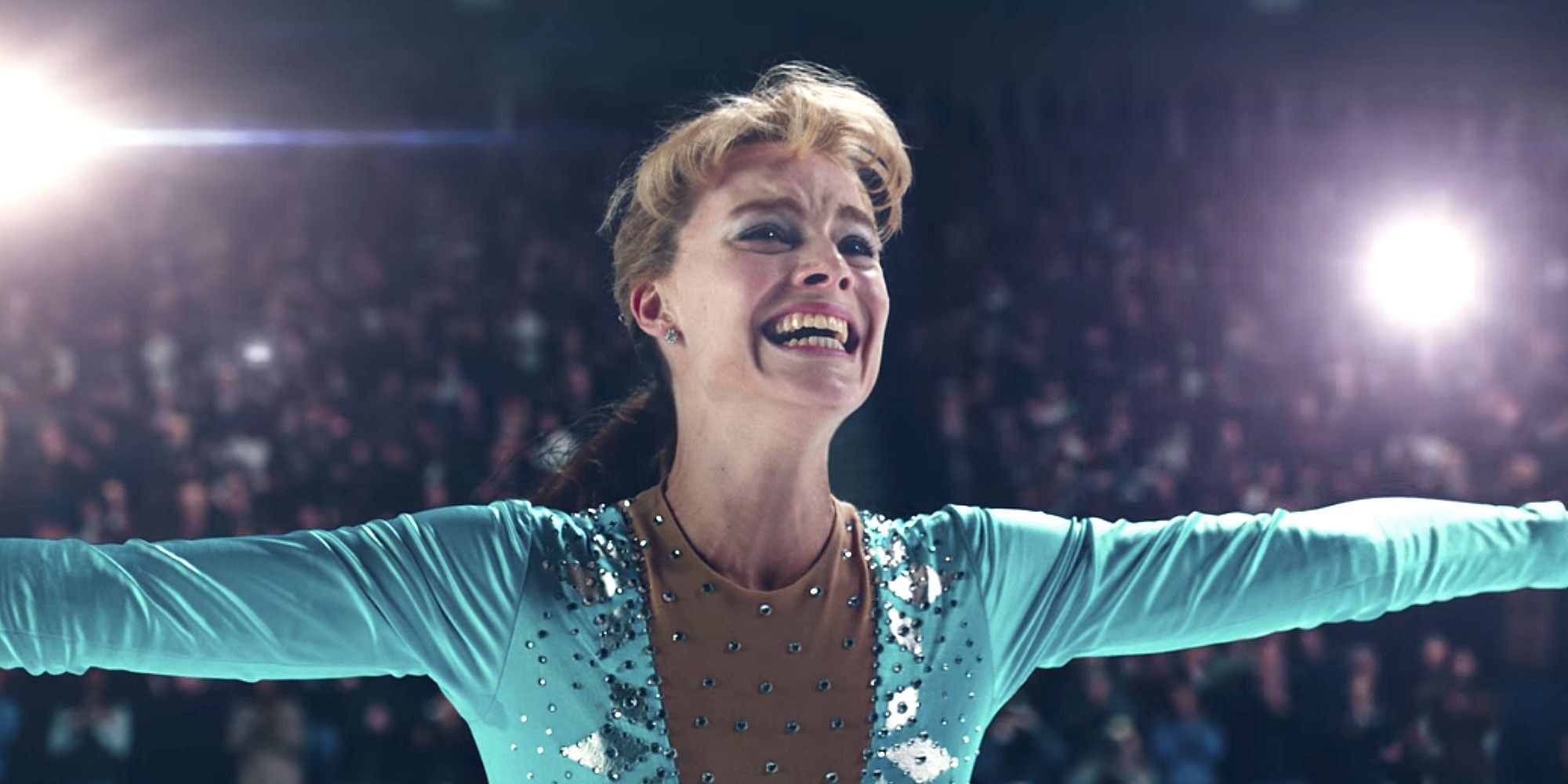It has often been said that the days of the classical “movie star” are over, and considering the seismic shifts within the film industry, it’s not a completely unreasonable anxiety to have. With studios increasingly relying on franchises, adaptations, crossovers, and previously established brands, the number of actors that can inspire audience attention based purely on their involvement is dwindling. You know that the industry is in trouble when even former box office titans like Matt Damon, Julia Roberts, Christian Bale, George Clooney, Dwayne Johnson, and Chris Evans are releasing films that underperform. Former stars have headed for buzzy streaming show titles instead of theatrical films. That being said, if there’s anyone out there standing up to represent icons like Audrey Hepburn, Marilyn Monroe, and all the icons of past generations, it's Margot Robbie. Robbie is set to continue her streak of star power in Greta Gerwig's Barbie, which will be released on July 21st this year. The fact that her role in Barbie has become one of the most anticipated performances of the year is just a further indication of how unique but universally adored she is.
At 32 years old, Robbie would still technically qualify for Entertainment Weekly’s “35 under 35,” even if it’s more than clear that she’s become one of the most important figures in the industry on nearly every level. Between two Academy Award nominations, collaborations with major auteur filmmakers, franchises that she’s curated in her own image, and her incredible work promoting female voices within the industry with her production company, Robbie is fighting the good fight to make theatrical moviegoing the most ideal way to catch new releases. Robbie’s diverse talents and strategic thinking about the long-stage implications of her career suggest that she’ll be here for quite some time, and right now, there’s no one like her.
Margot Robbie Rose to Stardom Quickly
Just one short decade ago, Robbie seemed to emerge out of nowhere to take over the American entertainment world. She had previously gained popularity in her home country of Australia after a prominent role in the soap Neighbors and a few other smaller productions, but in 2013, she appeared prominently in both the science-fiction rom-com About Time and Martin Scorsese’s three-hour masterpiece The Wolf of Wall Street. While she’s funny and quite charming in Richard Curtis’ crowdpleaser, it was Robbie’s role as the outspoken wife of Jordan Belfort (Leonardo DiCaprio) that turned her into a sensation. It was a classic example of a younger talent appearing alongside the most famous star in the world and being just as memorable as they were. Robbie showed no reluctance at embracing the wild tone that Scorsese set.
While Robbie may have spent the next few years starring in smaller-scale critical hits that sadly didn’t become breakouts such as Z for Zachariah, Suite Francaise, Whiskey Tango Foxtrot, and Goodbye Christopher Robin, it was actually her worst film that ended up becoming the most beneficial to her career. Suicide Squad was a disaster unlike anything that comic book movies had seen since the days of Batman & Robin or Catwoman, and signified Warner Brothers’ complete incompetence in launching the new DCEU. While the film was reviled by critics, even the most damning reviews seemed to praise Robbie’s performance as the iconic Harley Quinn as a highlight. Given how critical comic book readers are about casting, particularly for a character as beloved as Harley, Robbie surpassed expectations with her hilariously unhinged performance.
Robbie Took Command of a Franchise With 'Birds of Prey'
It was clear that while audiences didn’t need to see any more Suicide Squad movies with this crew, they certainly wanted to see more of Harley. It was here where Robbie truly showed command over her image; in today’s cinematic ecosystem, nearly every notable actor has to star in one franchise role or another. Instead of waiting around for another doomed reboot, Robbie was able to completely revitalize the character of Harley with the spinoff, Birds of Prey. With its all-female team of mercenaries and anti-heroes, the hard R-Rated violence, the zany tone and atmosphere, and the pulse-pounding action of director Cathy Yan, Birds of Prey took the few things about Suicide Squad that worked and expanded upon them. She was even able to retain that same energy when she reprised her role in James Gunn’s soft reboot The Suicide Squad.
However, it wasn’t all just about box office appeal, as Robbie had reached a critical turning point in her career as well. I, Tonya brought her her first Oscar nomination, and considering it was from a new distributor (NEON) and she was playing a very divisive historical figure, it didn’t seem like a safe bet by any means. Robbie took a role that had become a punchline and turned it into a pitch-black dark comedy that surprisingly paints an unflinching depiction of abuse and survival; it’s strange to call Tonya Harding a “feminist icon,” but Robbie certainly encouraged the viewer to take a closer look beyond the headlines. Coupled with her next Oscar nomination for Best Supporting Actress in Bombshell as a Fox News employee harassed by Roger Ailes (John Lithgow), it was evident that Robbie was interested in telling stories centered on the female perspective.
Margot Robbie Is Changing the Movie Industry
This was something that Robbie continued to do with her producing career. Robbie formed the production company LuckyChap Entertainment alongside Tom Ackerley, Josey McNamara, and Sophia Kerr in 2014, which helped promote female directors, writers, and stars. With television shows like Maid and Dollface, as well as the pop culture titan that was Promising Young Woman (which won Emerald Fennell an Oscar for Best Screenplay), LuckyChap’s success signified that Robbie was interested in what she could do for the film industry’s future. It’s no surprise that her next major film was Babylon, a highly ambitious movie star vehicle packed with great actors and helmed by an acclaimed auteur. It wasn't a financial success and received mixed responses (although this author considers it to be a masterpiece), but it features Robbie in a completely brave, scenery-chewing role that simply isn’t seen anymore.
It’s no surprise that one of the most iconic scenes in Robbie’s career thus far is a moment where she plays Sharon Tate in Quentin Tarantino’s Once Upon A Time In Hollywood. It’s a simple scene where Tate strolls through Los Angeles in its prime and buys a ticket to see herself on the big screen, and is enraptured by her love of the cinematic experience. It was a tribute to the power of the theatrical experience where a star took joy in seeing their impact on the world; it’s also an example of one generation’s biggest star playing one from decades past.




